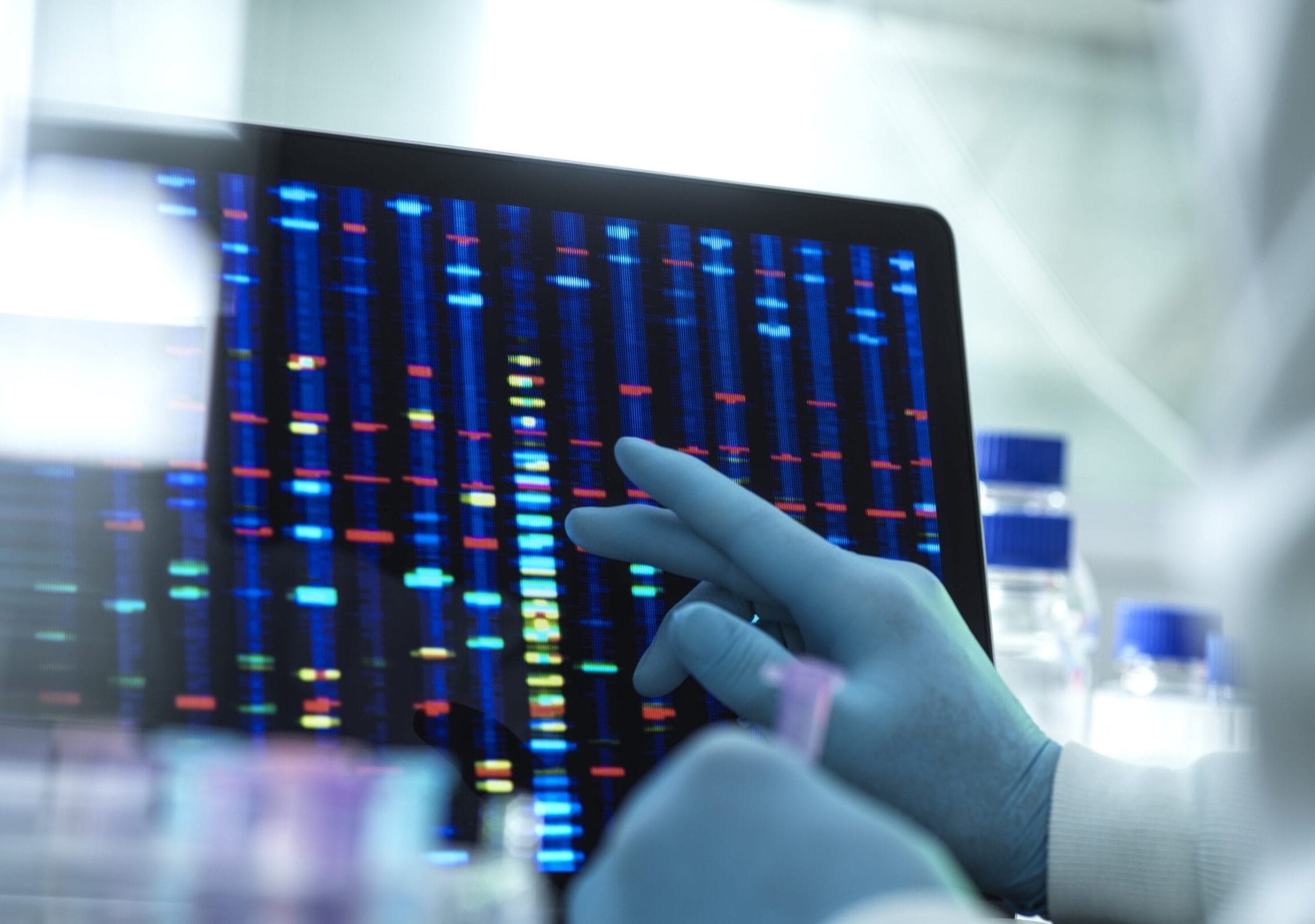A diagnosis of transthyretin amyloid cardiomyopathy (ATTR-CM) in your family may come as a surprise — and if it’s hereditary, there may be a strong chance it could impact your own health. The mutation of the TTR gene in hereditary ATTR-CM can be passed down in families. If you carry the mutation, knowing you’re at risk of developing ATTR-CM can help you catch the disease early, and start treatment while it’s still in its earliest stages.
What is a mutation carrier?
You have two copies of the TTR gene: one from your mother, and one from your father. If either copy has a mutation that causes hereditary ATTR-CM, you are a mutation carrier and at risk of developing the disease.
Carrying a mutation doesn’t necessarily that you will develop ATTR-CM, however. Each of the over 120 TTR mutations that can cause hereditary ATTR has a different likelihood that carriers will develop signs of disease. Additionally, many factors — such as sex and ethnicity — have an impact on whether or not disease develops, and when.
How do you know if you are a carrier?
Genetic testing is recommended if you have a family member with hereditary ATTR-CM. Immediate family members (parents, siblings and children) of someone with hereditary ATTR-CM have a 50% chance of carrying the gene mutation.
Family members of people with wild-type ATTR-CM are not at risk of inheriting the disease, since this form of ATTR-CM is caused by aging and not by a mutation.
In genetic testing, a blood or saliva sample is taken and sent to a genetics laboratory. The laboratory will check the sample for known mutations in the TTR gene.
When your results are ready, a genetic counselor will explain them to you and what they mean for your health.
Read more about testing and diagnosis of ATTR-CM
What does it mean to be a carrier of ATTR-CM?
Being a carrier of ATTR-CM means you have one copy of the mutated gene that may cause ATTR-CM. As a carrier, you may develop symptoms, or you may not. It will depend on the mutation and other factors.
Knowing that you are an an increased risk of developing or passing on ATTR-CM can impact your life in many ways:
- Close monitoring: If you develop ATTR-CM, starting treatment early is your best chance at a longer, healthier life. Knowing you are at risk for ATTR-CM means your doctors can keep a careful watch for any early signs of the disease. You should receive regular checkups and blood tests to monitor your cardiac and neurological health — before you develop other symptoms.
- Informed choices: If you’re younger and considering having kids, speaking with a genetic counselor can help you understand your risk of passing on the mutation, and explore ways to avoid it.
- Support through counseling: Being a carrier of ATTR-CM may cause fear and anxiety as a result of a potential diagnosis and impact on your life. Counseling or patient support groups can help maintain your mental health.
- Manage the risk: Knowing how important good heart health and a healthy, active lifestyle will be to your future health can help motivate you to prioritize your physical wellbeing.
Sign up here to get the latest news, perspectives, and information about ATTR-CM sent directly to your inbox. Registration is free and only takes a minute.

